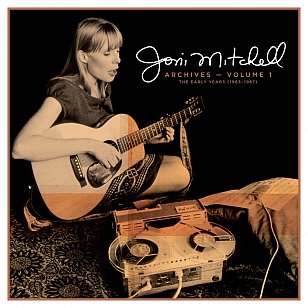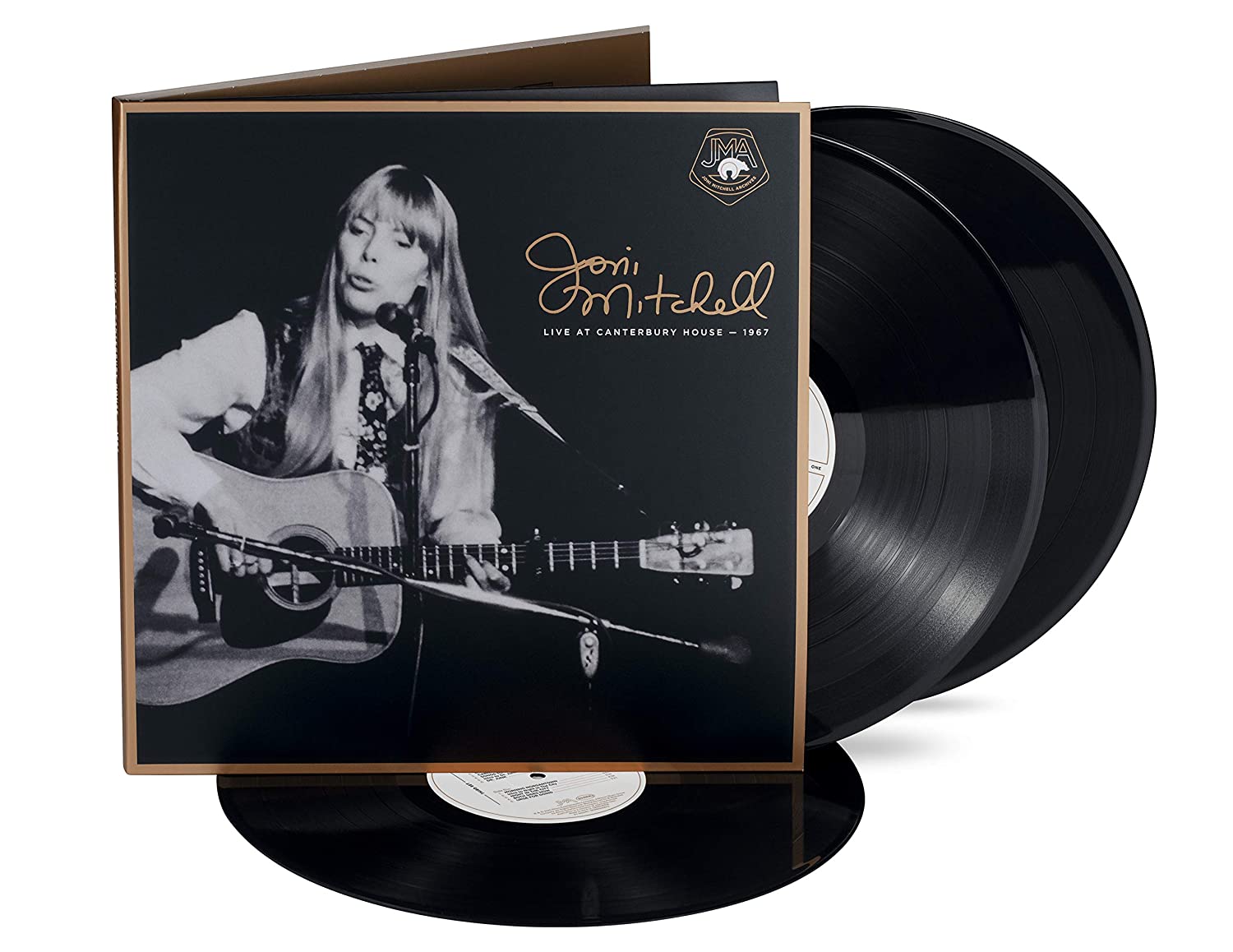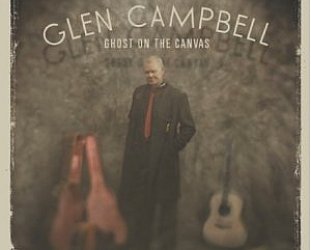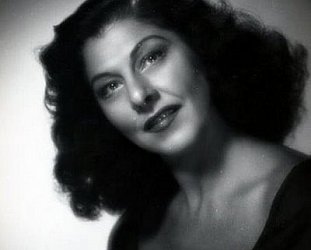Graham Reid | | 3 min read

A decade ago in a rare interview, Joni Mitchell railed against Bob Dylan saying he was inauthentic, a plagiarist and “his name and voice are fake. Everything about Bob is a deception”.
Three years later when accusing the interviewer of misconstruing her words – they seemed pretty clear – she admitted liking some of Dylan's songs, but “musically he’s not very gifted. He’s borrowed his voice from old hillbillies . . . He’s invented a character to deliver his songs”.
“Sometimes I wish that I could have that character — because you can do things with that character. It’s a mask of sorts.”
However Mitchell had previously spoken of her lyrics as coming from characters, even if she used the first person. She called her songs theatre, the songwriter playing different roles.
Surveying her musical life in 2013 as she grappled with Morgellons disease, a painful skin condition, and had retreated from music, Mitchell observed, “My first four albums covered the usual youth problems — looking for love in all the wrong places — while the next five are basically about being in your 30s”.
One of the most celebrated singers and songwriters of her generation, Mitchell – also a painter “derailed by circumstance” into music -- had a brain aneurysm five years ago but at 77 is re-engaging with life, by some accounts dancing at a local bar and having song sessions at her LA home with the likes of Sam Smith, Elton John and Bonnie Raitt.
She is also, on the advice of old friend Neil Young, overseeing an on-going, chronological archive collection of her work.
The first five-CD collection Archives Vol.1: The Early Years (1963-1967) presents home demos, and radio sessions recorded in Saskatoon, Saskatchewan (“which to some people sounds like a disease” she tells an audience in Philadelphia) where she grew up as a teenager. There's also a thick wedge of live material from three concerts in Michigan before an audibly small audience at Cambridge House in Ann Arbor.
All of these precede her debut album Song to a Seagull of early 68.
By then she'd been through polio as a child, art school, pregnant at 20 and giving the baby up for adoption, left Canada, married, divorced and relocated to New York.
At 24 she had a lot of life experiences to write about.
And whether it be called theatre, character or autobiography, there's a lot of Mitchell's loves and losses in her first original songs which make up the bulk of this archive collection.
It opens with her as a formal, poised folk singer on traditional tunes like The House of the Rising Sun and includes Woody Guthrie's Deportee and Pastures of Plenty. Then there's a more lively folk club set in Toronto.
The purity of her voice is engaging even if her delivery of the more earthy lyrics (whisky, death, prison) is prissy. Notions of authenticity and integrity were cornerstones of folk – respectful renditions of traditional songs – and that's why the self-mythologising Dylan was an outlier.
But the second disc comes alive with three originals recorded for her mother's birthday in 1965: the crystalline and poetic Urge for Going, the folksy rambles of Born to Take the Highway and Here Today And Gone Tomorrow.
Here we get a first glimpse of the distinctive, original artist she would become, her lyrics insightful even when dealing with those “usual youth problems”.
There is important, preternaturally mature material here: on What Will You Give Me we hear the folk tradition reshaped into a dark, sensual original by a woman still known as Joan Anderson.
By 66 she was singing Both Sides Now, The Circle Game, Song to a Seagull, Michael from the Mountains, I Had a King and other originals which would appear on her early albums.
The goldmine here is the Canterbury House recordings from late 67 where her voice, lyrics and melodies have remarkable flexibility and resonance.
She prefaces songs with personal anecdotes and coquettish humour (Carnival in Kenora), her guitar tunings are more complex – from traditional American folk to something akin to Davy Graham's Indo-Anglofolk style – and the lightweight Ballerina Valerie is a funny stoner/acid-folk piece (which she turns into a “things go better with Coke” song).
 Here too however are Little Green (about the daughter she gave up), Chelsea Morning and other signature songs in their earliest forms: Faithful folk into authentic autobiography.
Here too however are Little Green (about the daughter she gave up), Chelsea Morning and other signature songs in their earliest forms: Faithful folk into authentic autobiography.
Joni Mitchell's Archives Vol.1: The Early Years (1963-1967) reveals the emergence of a singular artist.
Mitchell is further brought to attention as a pivotal figure in the two-part documentary television series Laurel Canyon, about that bucolic nexus of singer-songwriters in LA during the 60s, and where Mitchell has had that home for more than 50 years.
Unexpectedly, 13 years after her last album Shine, there's a lot of the young, often autobiographical Joni Mitchell in the world now, which is ironic given she rarely spoke of these early years and when she did was quite dismissive of them.
This first volume of Archives shows she had little reason to be.
.
Joni Mitchell, Archives Volume 1: The Early Years (1963-1967) is available now as a five CD box set, a three-record vinyl set of the live Cambridge House performances, or through streaming services.
Laurel Canyon is available on DocPlay subscription service.





post a comment